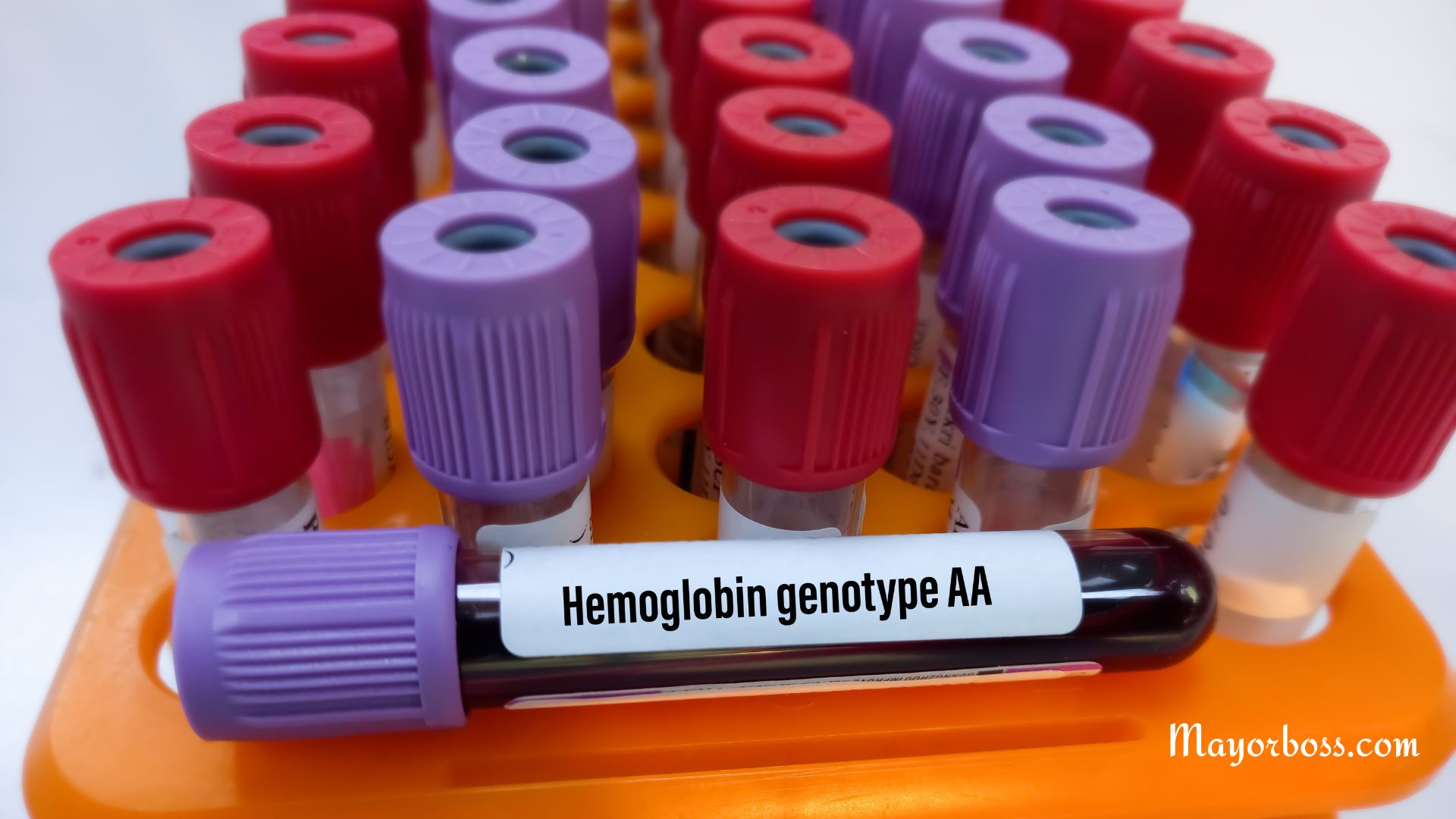How to Increase Hemoglobin Levels Quickly
Hemoglobin! That magnificent molecule in our blood carries oxygen from our lungs to the rest of the body and returns with carbon dioxide for us to exhale. But what happens when our hemoglobin levels dip a bit too low? You might feel tired, weak, pale skin, short of breath, or cold hands and feet. This article looks closer at boosting your hemoglobin levels, not in months, not weeks, but quickly!

First off, let’s clarify what hemoglobin (Hb) is. It’s a protein in your red blood cells, and when levels fall below the normal range (typically 13.8 to 17.2 grams per deciliter for men and 12.1 to 15.1 for women), it’s a sign to take action.
Ways to Increase Hemoglobin Levels Fast
Iron-Rich Foods
You’ve heard it before, and I’ll say it again: Iron is crucial for hemoglobin production. But let’s make it fun and delicious!
- Lean Meats and Seafood: The non-vegetarians can rejoice with servings of lean beef, chicken, or fish. They’re not just tasty; they’re packed with heme iron, which your body absorbs efficiently.
- Legumes and Leafy Greens: For the vegetarians, fear not! Lentils, beans, spinach, and kale come to your rescue. Pair them with vitamin C-rich foods like oranges or bell peppers to boost iron absorption.
Folate-Rich Foods
Folate, or vitamin B9, can increase the total Hb and red blood cells. It helps in the production of heme, a component of hemoglobin.
- Avocado and Bananas: Not just for trendy brunches, these fruits are a great source of folate.
- Beets: Their deep red color isn’t just for show. Beets are great for increasing hemoglobin levels. Bonus points: they’re great in salads and smoothies!
Other Essential Nutrients
- Vitamin B12 and Vitamin C: Found in dairy products, eggs, and citrus fruits, these vitamins are essential for hemoglobin synthesis and iron absorption.
Supplements: When Diet Isn’t Enough
Sometimes, diet alone might not cut it. If you’re significantly low in hemoglobin, supplements can increase hemoglobin levels quickly.
- Iron Supplements: Consult with a healthcare provider before starting these, as excessive iron can be harmful.
- Multivitamins: These can fill in any dietary gaps, ensuring you’re not missing out on essential nutrients.
Lifestyle Changes to Increase Your Hemoglobin Levels
Stay Hydrated
It’s not just about what you eat; hydration plays a crucial role, too. Drinking enough water improves blood circulation and hemoglobin levels.
Exercise
Regular exercise can help increase the production of hemoglobin. But remember, moderation is pivotal, especially if you’re already feeling weak.
Medical Interventions
In some cases, dietary and lifestyle changes may not be enough. This is where medical interventions come in:
- Blood Transfusions: In severe cases of anemia, a blood transfusion may be necessary.
- Medications: Certain medications can help stimulate red blood cell production.
Conclusion: A Balanced Approach
Remember, increasing your hemoglobin levels isn’t about a single food or supplement. It’s about a balanced diet, a healthy lifestyle, and, when necessary, medical intervention. Consult with healthcare professionals to tailor a plan that’s right for you.
So, there you have it! A guide to elevating those hemoglobin levels in a way that’s quick, effective, and even enjoyable. Eat well, stay active, and keep your blood happy and oxygen-rich! 🍊🥦🏋️♂️💉
